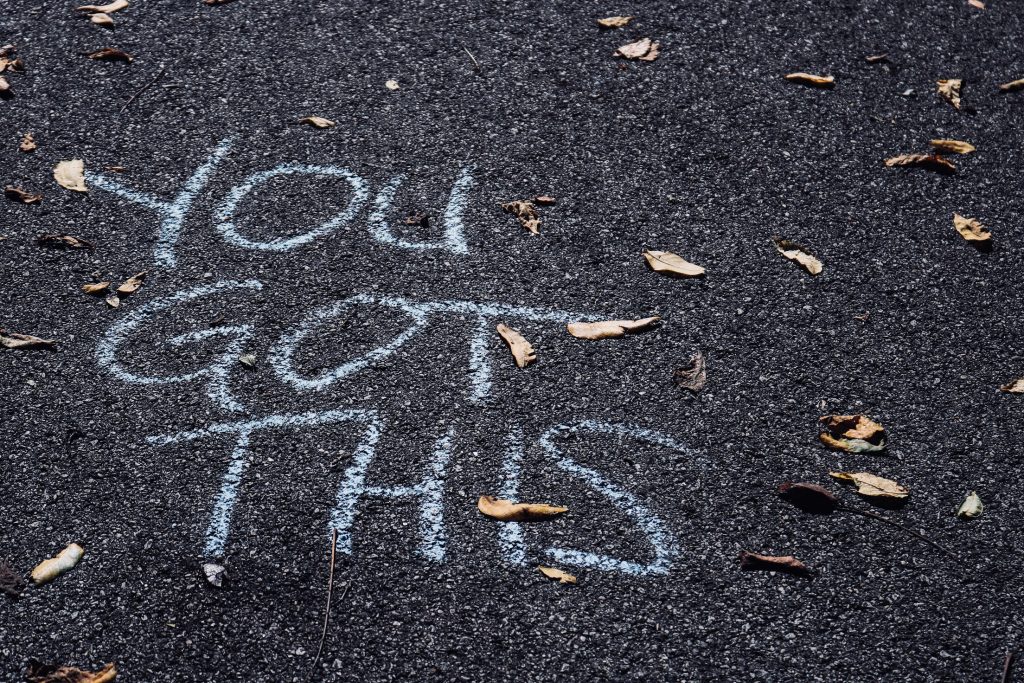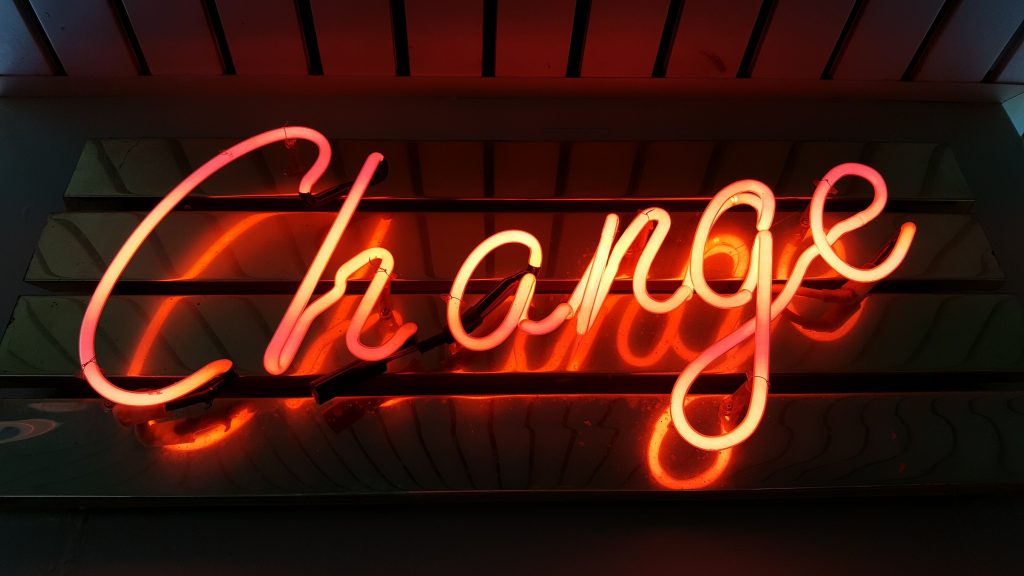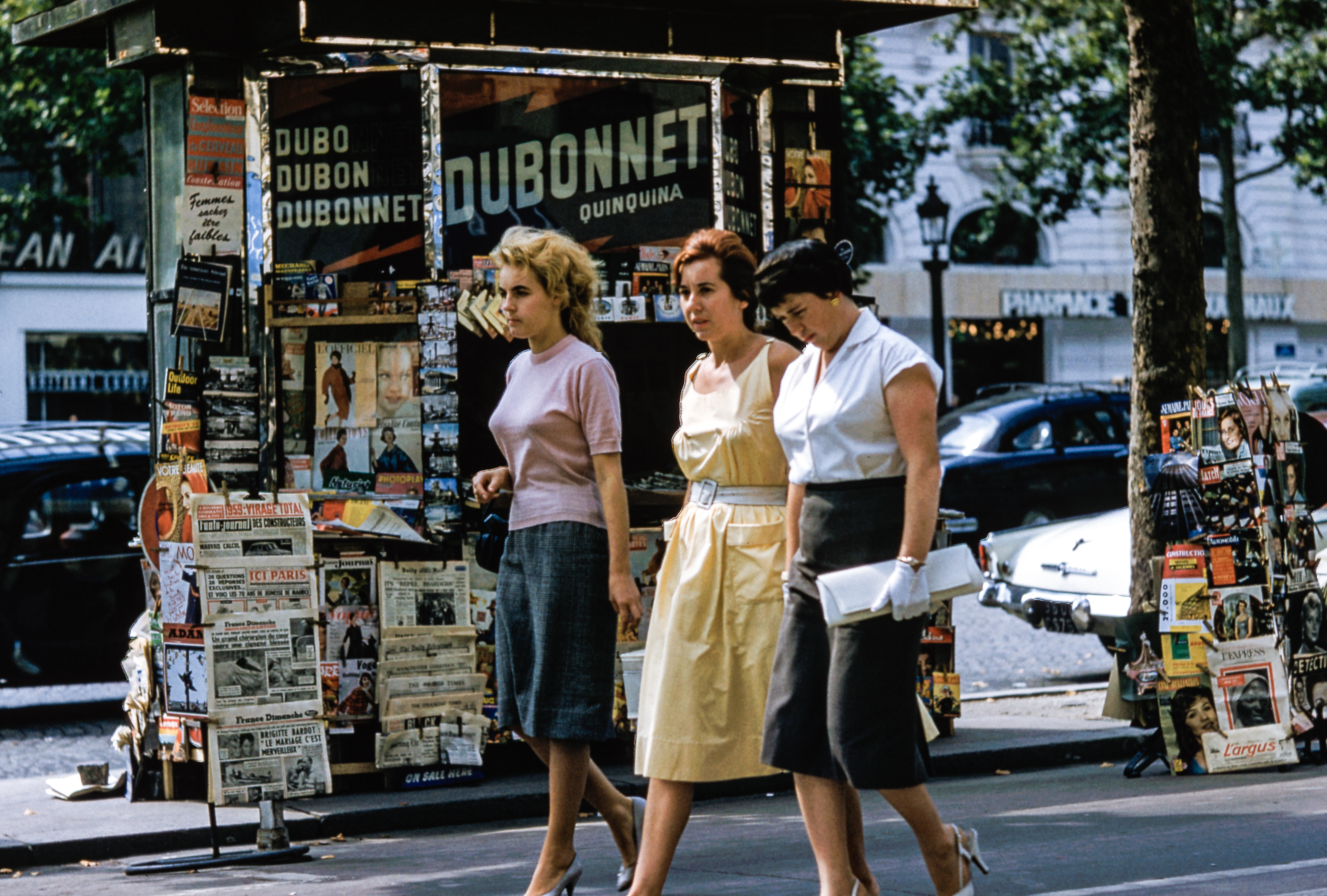
I recently read an article I loved, called Why ambition is overrated. In it the author admits that she has a few simple pleasures in life, and only wants to do the work she needs to in order to enjoy these things.
For example, things such as eating good food, reading books and watching a films. Simple.
Her aim is to work enough – and not much more.
“I am constantly amazed by the blasé professional assumption that everyone should work an hour later than they are contracted, and take ten minute lunch breaks at their desk (if at all).” – Megan Nolan
And I think that’s a pretty good aim. Most of us just want to enjoy the simple things. But we get sucked into social pressures, feel that we’ve got to work harder, keep up, not get left behind.
As much as I’m interested in self-development and improving things in your life you’re not happy with (job, living situation, morning routine), I’m actually a big fan of a more ‘slacker’ attitude.
Slow down
Part of the reason I moved to Spain a couple of years ago was that I wanted a simpler life. I was reacting badly to London life. I wanted less stress, less pressure, more sun, a better social life.
Things are slower here, on a smaller scale. My social life is simpler and easier. Here I have friends available to meet for a coffee or wine at a moment’s notice, never further than a short walk or bike ride away.
What’s important for you
Of course moving to another country isn’t for everyone, and, it’s not the only solution when things aren’t going well in your life.
But working out for yourself what you want in life IS important.
And that article is a good reminder to take note of what you’re really aiming for in life. For me this means:
- I don’t have to have the big corporate career, a job title that impresses others and to fit in to what’s often considered as success.
- It’s about working out what’s important to you, and finding ways to integrate those things into your life.
- Creating a lifestyle that’s right for you.
- The ideal is doing work that you enjoy, that feels of value and that support you financially.
- But equally important is actually having time for your home life, your social life, time with friends and family and hobbies and just not doing.
It’s up to you
I hope this post helps if you’re feeling the pressure, feeling dissatisfied and wanting to make changes to your life.
I love it when someone reminds me that doing less isn’t necessarily a bad thing. So here we are. Do less, do what YOU want, do what suits you. Make changes, one step at a time.
If you’d like to book a coaching session with me, email me at joaopoku@gmail.com.
Photo by Shelby Miller on Unsplash




